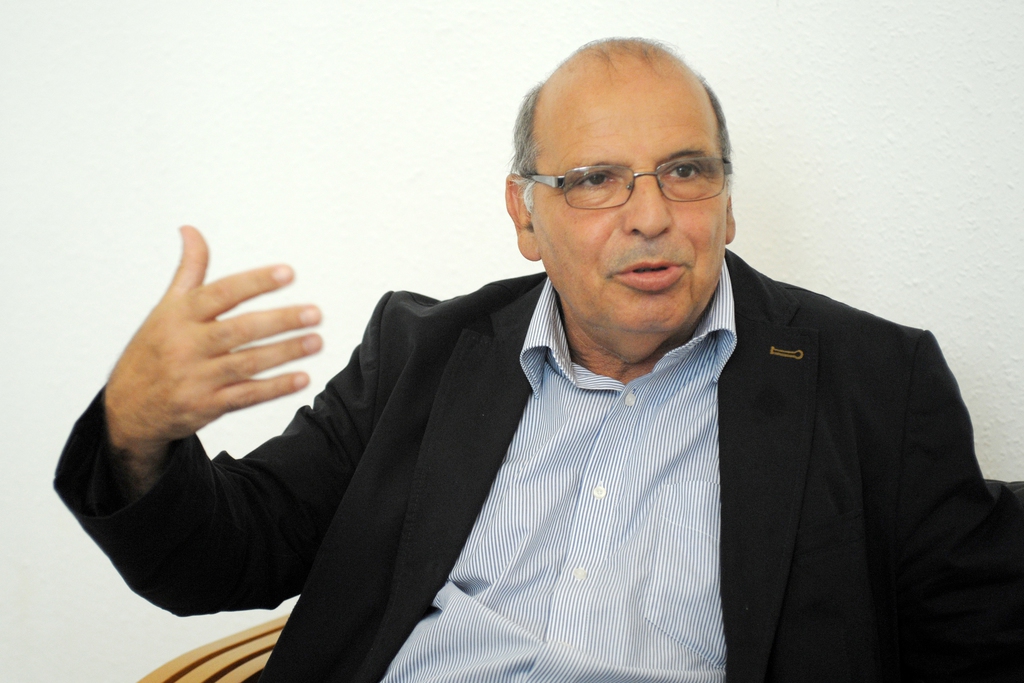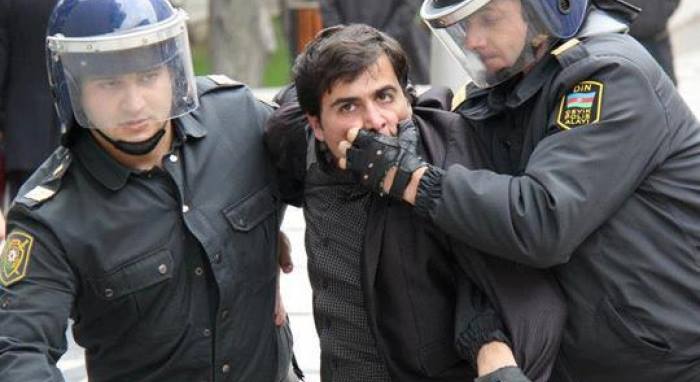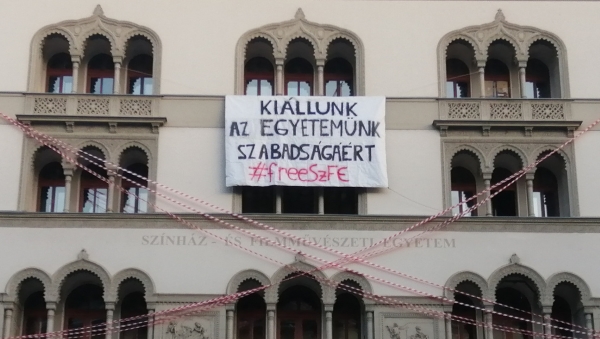The recent demand of civil activist Márton Gulyás for proportional elections has been subject to renewed debates on the electoral system. EKINT wishes to make its contribution to the debate by pointing out the most important issues that have to be reckoned with when drawing up new regulations:
- The entirety of electoral rules makes up a complex system, the elements of which interact with each other. One such element is proportionality. By and large one can say that the more proportional an electoral system, the more democratic. However, besides proportionality, governability is also an important factor: the lack of government stability clearly inhibits the constitutional and democratic system. Similarly, with respect to winning parliamentary seats, the requirement of a minimum threshold is justifiable in spite of the fact that it might have an adverse impact on proportionality. All in all, nevertheless, we agree with the demand that a significantly more proportional system is needed.
- We argue that free and fair election is a single, indivisible concept. Phrases like “partly free” or “partly free but not fair” might be suitable to express the delicate differences between "bad" and "even worse", but we have to be able to answer the question whether an election is free and fair with a straightforward yes or no. This is important to note as the 2014 elections were not free and fair.
- Though seemingly trivial, it has to be made clear again that there is no free and fair election without free press. The most important issue here is whether the opposition has chances similar to those of the government to convey its message to the voters. Where public service media is replaced by state propaganda channels, one of the fundamentals of free and fair elections is surely lost.
- The need for a two-round election is connected to proportionality since the one-round system inevitably and unduly favours the biggest political minority.
- Election is not free and fair if voters who work abroad face disproportionate setbacks when exercising their right to vote.
- The impartial and democratic operation of election organs is another basic requirement of free and fair elections. Neither the National Election Commission, nor the National Election Office meets this requirement.






